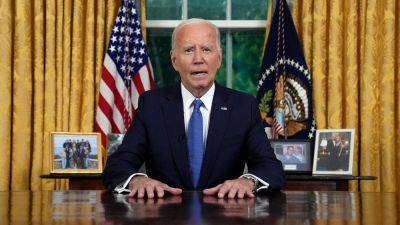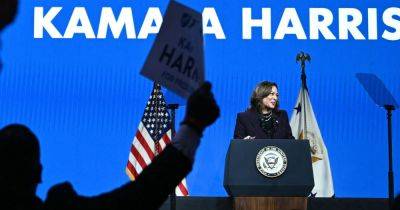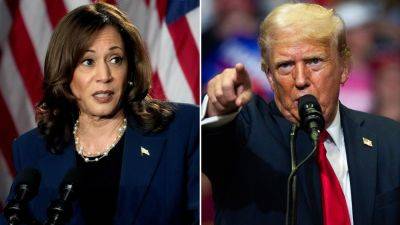Biden Dropped Out 3 Days Ago. Ready or Not, Here Come the Polls.
Fast, rigorous or a bit of both?
This was the question many political pollsters were asked to weigh on Sunday as they vaulted into action, measuring the impact of President Biden’s withdrawal from the presidential race and the prospects of Vice President Kamala Harris, his likely replacement as the Democratic nominee.
Since Sunday, pollsters have met the moment in a variety of ways. Some have focused on speed; others have focused on thoroughness. Each approach has its advantages and potential pitfalls, grounded in the inherent tension between getting timely results and measuring public opinion in a broader and deeper fashion. (The New York Times began fielding its own multiday poll, with the Siena College Research Institute, on Monday.)
The first polling data taking into account Mr. Biden’s announcement began trickling in early in the week. On Tuesday, Ipsos/Reuters published a poll conducted on Monday and Tuesday indicating that Ms. Harris led former President Donald J. Trump slightly, at 44 percent to 42 percent among registered voters in a head-to-head contest.
Polls like this one can offer insight into the most urgent questions voters might have about Mr. Biden’s momentous exit. “We do think it’s important in moments like this, where the public is potentially shifting, that it’s not just speculation about what’s happening, that there is actually some data, some information, even if it may change” said Chris Jackson, vice president of Ipsos Public Affairs.
But polls with short fielding periods — the amounts of time spent collecting respondent data — also come with caveats, he said. “None of them is a perfect picture of reality because reality is just too big, too complex.” A shorter period in the field can exaggerate a







